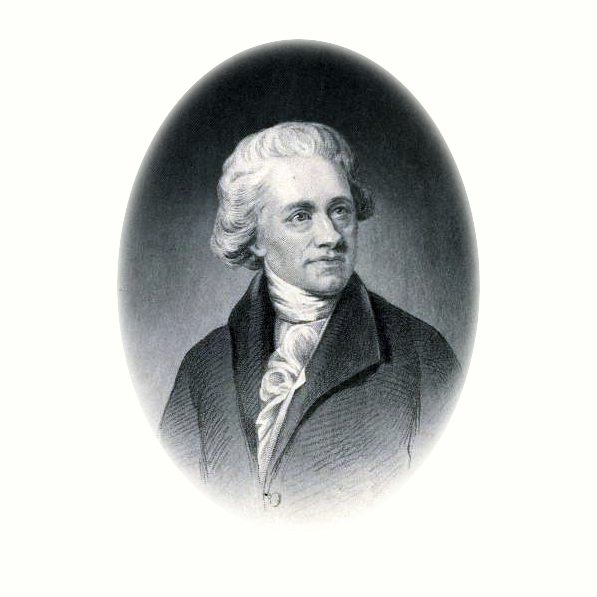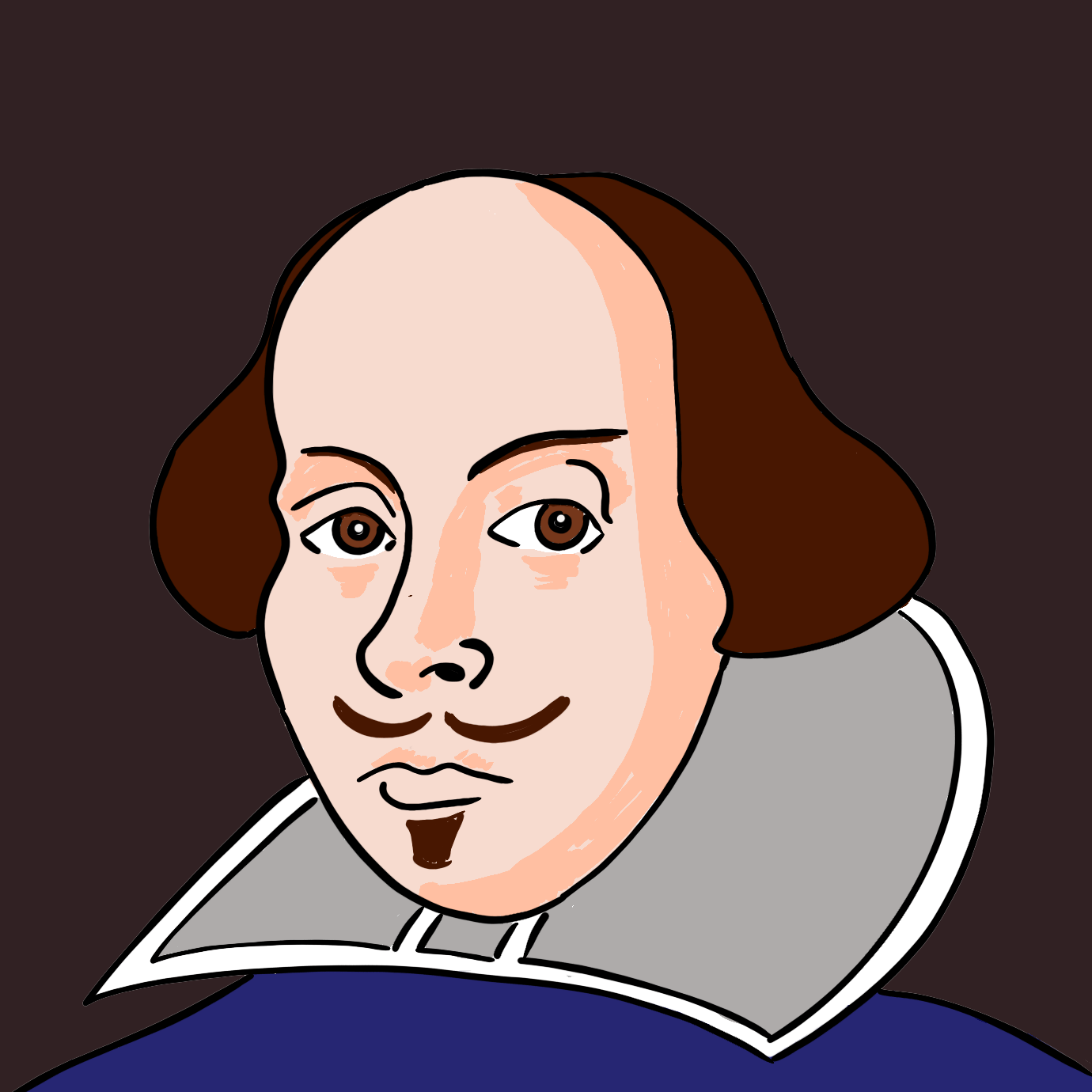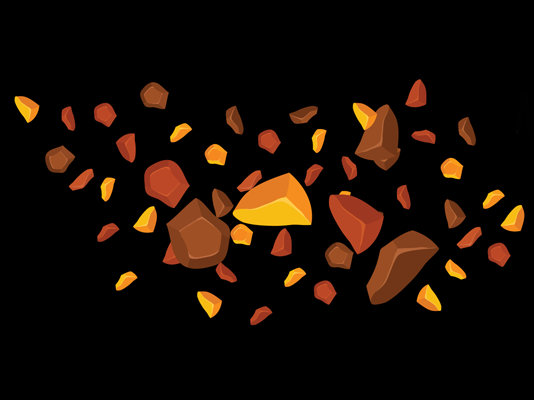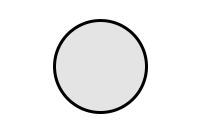Naming Uranus’ Moons
Uranus stands out among the planets in the Solar System as the only one whose moons are not named after mythological figures. Instead, the moons of Uranus are named after characters from plays written by William Shakespeare and a poem by Alexander Pope. There are a total of 27 moons orbiting Uranus, with 24 of them named after Shakespearean characters and the remaining three named after characters from Alexander Pope's works.
On 13th March 1781, William Herschel discovered Uranus while gazing at the stars through a homemade telescope in the back garden of his home in Bath, England. Uranus became the seventh planet in the solar system.
Mercury, Venus, Mars, Jupiter and Saturn are easily visible from Earth and were named by the ancient Romans as they represented their gods. When Uranus was discovered, William Herschel named it Georgium Sidus, or George's Star, to honour Britain's ruler, King George III. The name didn't stick as astronomers wanted to continue the tradition of naming planets after mythological gods so it became known as Uranus, named after the Greek god of the sky. It is the only planet in the solar system named after a Greek god; the rest are named after Roman ones.


In 1787, six years after he discovered Uranus, William Herschel found two moons orbiting the planet. These happen to be its two largest moons. At the time, it wasn't common practice to name the moons of planets so Uranus' moons remained nameless for many years until William Lassell, an astronomer and beer brewer from England, discovered two more moons around Uranus in 1851. With four known moons, it was decided that the time had come to start giving them names. John Herschel, the son of William Herschel, who had already chosen names for the seven known moons of Saturn, was the logical choice to name Uranus' moons.
In 1852, John Herschel picked the names Titania and Oberon for the two moons discovered by his dad 65 years earlier. Titania and Oberon and the Queen and King of the Fairies in Shakespeare's play A Midsummer Night's Dream. For William Lassell's discoveries, Herschel chose the names Umbriel and Ariel from Alexander Pope's poem, The Rape of the Lock. In the poem, Umbriel is a troublesome gnome, while Ariel is a guardian spirit. Shakespeare's play The Tempest also features a character called Ariel, an "Airy Spirit."
It wasn't until 1948, almost 100 years later, that another moon was discovered orbiting Uranus. American astronomer Gerard Kuiper discovered the fifth moon, and it was decided to continue with John Herschel's naming convention by giving the new moon the name Miranda, after a heroine from The Tempest. The first five moons (Titania, Oberon, Umbriel, Ariel, and Miranda) are the largest moons of Uranus. Since then, 22 more moons have been discovered, and the tradition of naming them after characters from Shakespeare's plays and Alexander Pope's poem continues to this day.
In addition to the moons of Uranus having names from Shakespeare's plays, surface features on some of the moons also get their names from his works. Craters on Miranda are named after Shakespearean characters, some of which are also names used for moons, while other surface features get their names from the locations used in his works. As an example, there is a place called Inverness on Miranda! Features on Titania and Oberon are also named in a similar way.

It’s probably worth taking a break from planets and moons to find out a little more about Mr Shakespeare. After all, if he's able to write plays featuring characters who later became moons, he must be a big deal, right?
Born in Stratford-upon-Avon in Warwickshire, England in 1564, Shakespeare wrote 38 plays and about 154 sonnets during his lifetime. In 1588, he moved to London where his plays were performed for the courts of the Royal Family. He even acted in some of them. Although his works are over 400 years old, they remain as well-known today as ever before. His plays, such as Romeo and Juliet, Julius Caesar, Hamlet, Macbeth, Much Ado About Nothing, and A Midsummer Night's Dream, cover a range of themes including comedy, tragedy, romance, fantasy, and magic, as well as some based on real historical events. Shakespeare's plays continue to be regularly performed, studied, and adapted into films, and their themes and ideas remain as relevant now as when they were first written.
In 2000, the modern-day reconstruction of the Globe Theatre in London was opened, providing a glimpse of the type of theatre in which Shakespeare's plays would have originally been performed. The original Globe Theatre was built in 1599 but was destroyed by fire in 1613. A second Globe Theatre was built in 1614 but was later closed down and demolished in 1642. Shakespeare's wife was Anne Hathaway (not the modern-day movie actress!), and they had three children: Susanna, Hamnet, and John. Shakespeare died in 1616 and is buried in Holy Trinity Church in Stratford-upon-Avon.
What about Alexander Pope? Three of Uranus' moons are named after characters from his works. Although he may not be as well-known as Shakespeare today, he was a highly influential writer in his time. Born in London in 1688, Pope began writing poetry at 16 years old. His "pastorals" were published five years later in 1709, and he often used his poetry to ridicule people and situations. His most famous work, The Rape of the Lock, which was inspired by an actual event, tells the story of a woman named Belinda who has a lock of hair stolen from her by a Baron.
Pope also wrote An Essay on Criticism, which attempted to establish rules for how poetry should be written and criticised, and The Dunciad, in which he depicted unlikable characters based on people who had offended him throughout his career. He also translated works by the ancient Greek poet Homer and edited the works of William Shakespeare, cutting out sections that didn't appeal to him. Pope also came up with famous quotes such as, "To err is human, to forgive, divine" and "Fools rush in where angels fear to tread". In addition to his literary works and the moons named after his characters, Pope also built a grotto on his land at Pope's Villa. Although the villa is now gone, the grotto remains. Here's a linkety link for more information about Pope's Grotto. Please note that the link takes you to an external site.
The Players
Getting back to Uranus's moons, here's the full list of them with details about the characters that gave them their names.
| Name of Moon | Year Discovered | Featured in | Writer |
|---|---|---|---|
| Cordelia | 1986 | King Lear | William Shakespeare |
| Ophelia | 1986 | Hamlet | William Shakespeare |
| Bianca | 1986 | The Taming of the Shrew | William Shakespeare |
| Cressida | 1986 | Troilus and Cressida | William Shakespeare |
| Desdemona | 1986 | Othello | William Shakespeare |
| Juliet | 1986 | Romeo and Juliet | William Shakespeare |
| Portia | 1986 | The Merchant of Venice | William Shakespeare |
| Rosalind | 1986 | As You Like it | William Shakespeare |
| Cupid | 2003 | Shakespeare’s Sonnet 153 | William Shakespeare |
| Belinda | 1986 | The Rape of the Lock | Alexander Pope |
| Perdita | 1999 | The Winter’s Tale | William Shakespeare |
| Puck | 1985 | A Midsummer Night’s Dream | William Shakespeare |
| Mab | 2003 | Romeo and Juliet | William Shakespeare |
| Miranda | 1948 | The Tempest | William Shakespeare |
| Ariel | 1851 | The Rape of the Lock | Alexander Pope |
| Umbriel | 1851 | The Rape of the Lock | Alexander Pope |
| Titania | 1787 | A Midsummer Night’s Dream | William Shakespeare |
| Oberon | 1787 | A Midsummer Night’s Dream | William Shakespeare |
| Francisco | 2003 | The Tempest | William Shakespeare |
| Caliban | 1997 | The Tempest | William Shakespeare |
| Stephano | 1999 | The Tempest | William Shakespeare |
| Trinculo | 2001 | The Tempest | William Shakespeare |
| Sycorax | 1997 | The Tempest | William Shakespeare |
| Margaret | 2003 | Much Ado About Nothing | William Shakespeare |
| Prospero | 1999 | The Tempest | William Shakespeare |
| Setebos | 1999 | The Tempest | William Shakespeare |
| Ferdinand | 2003 | The Tempest | William Shakespeare |





